Brazil
In the heart of Vila Vintém, a favela in Rio’s west zone, the Unidos de Padre Miguel samba school is more than just a place for Carnival celebrations—it’s a vital support system for the community.
"When the community is going through a tough time, this is where they come," says Lenilson Leal, 58, the school’s president. "We do our best to help, whether it's providing food or covering funeral costs."
Unidos de Padre Miguel recently earned promotion to Rio’s top Carnival league after 57 years, bringing in more city funding to support its grand parade. But beyond the festivities, the school also creates jobs. "When Carnival season comes around, the samba school gives opportunities to people who are unemployed, like me," says Luana Borges, 42, now working as a decorator.
For Carnival Director Lucas Milato, Unidos de Padre Miguel represents more than a samba school: "It’s a family, built on affection, exchange, and love."
This year, the school’s parade pays tribute to Africa, women, and the Afro-Brazilian faith Candomblé, further cementing its deep cultural and social roots in the community.




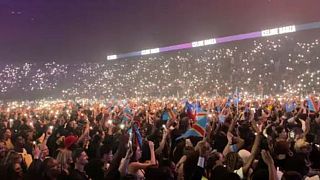
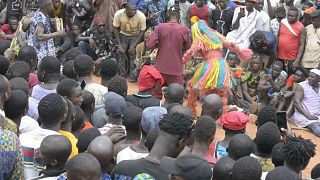
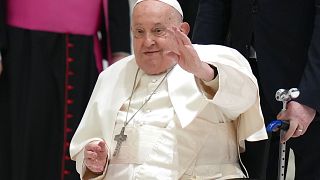

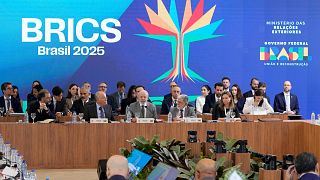
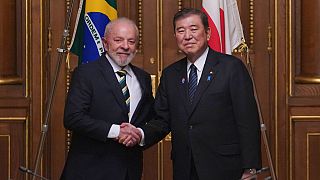



00:00
Pics of the day: April 18, 2025
01:37
Indigenous and climate activists rally in Brasília ahead of COP30
01:55
Top scoring samba schools return to Rio's Sambadrome for champion's parade
03:34
Rio’s ‘Suburban Madness’ Carnival Fosters Inclusion Through Samba
03:52
Afro-Brazilian cleansing ritual precedes Rio carnival festivities
01:37
Carnival 2025: 99 bloc parties draw over 160,000 revelers in Rio de Janeiro